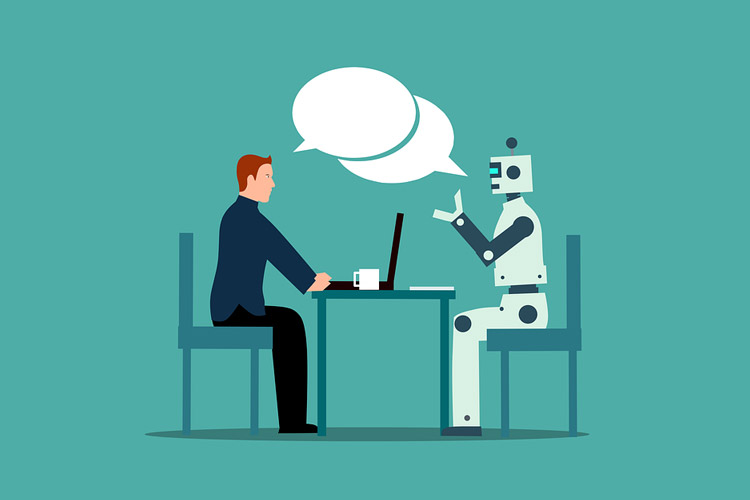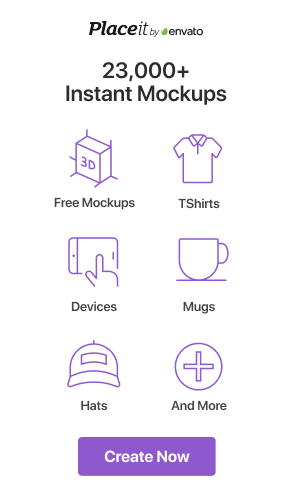Have you ever taken a moment to notice the sweeping influence of artificial intelligence in various niches, including daily life and industrial setups; we carry out the mundane tasks of our lives efficiently and make better decisions on multiple fronts.
The same can be said of the recruitment sector too where it has all the answers.
The article below aims to take a deeper look into how AI is revolutionizing operations by automating some functions that help make recruiting more efficient with quicker hires.
When do you want to delve into how finding talent has changed? Okay, as you wish.
Top 5 benefits of using artificial intelligence in recruitment
1. Streamlines candidate sourcing
AI can significantly speed up and refine the process of finding suitable candidates. It uses advanced algorithms that can pinpoint skills and experiences in vast databases, matching job requirements with high speed and accuracy.
These systems can also help find potential candidates even if they are not actively seeking a job. They enable users to employ a boolean search technique to find candidates who fit within a combination of important parameters.
2. Enhances candidate assessment
An AI-powered applicant tracking system or ATS recruitment software are capable of analyzing data from a candidate’s online presence and personality traits to provide a more holistic view of their suitability for a position. This includes going through complex data sets that human recruiters might overlook.
These tools can also help assess candidates through quizzes, coding challenges, and writing samples. They can perform the analysis based on code efficiency, grammar, and relevance, providing detailed feedback.
This depth of assessment helps ensure that the candidates selected for interviews are qualified on paper and likely to integrate well with the team and contribute to the company’s goals.
3. Automates repetitive tasks
Artificial intelligence is good at automating tedious work that involves a lot of time, like that done by most recruitment officers. Such boring work includes scanning through resumes while looking for what matches the job, planning for interviews, and sending reminder emails for scheduled interviews.
In addition, it can help in ensuring increased quality, better candidate experience and satisfaction ratios when it is taken into consideration.
4. Predictive performance analysis
Are you worried about how the new recruit will perform in your organization? AI can help you with that, too! Systems powered by artificial intelligence can predict how a candidate will perform or their success rate within specific roles using historical data.
This helps the recruiter predict the retention period of candidates to ensure they don’t have to find new candidates after a short period of time.
5. Improving candidate engagement
In the age of AI, candidates are in touch with organizations all the time through chatbots. They provide first-contact messages with potential employees up to the final stage of hiring.
The chatbot enhances the candidate experience by using these tools while also giving recruiters more freedom to focus on other tasks that require a time commitment.
What are the challenges that AI brings to recruitment?
Maintaining human oversight
While AI can handle a large part of the recruitment process, maintaining human oversight is super important. Decisions about cultural fit, for instance, still greatly benefit from human judgment.
Remember, technology is here to help recruiters with their jobs, but it cannot replace them!
Addressing privacy and ethics
As AI processes more personal data, companies must address privacy concerns and ethics in information use. To avoid legal troubles, companies must ensure that they do not violate GDPR compliance guidelines while using AI.
Transparent policies regarding data use and continuous monitoring for bias are essential to maintaining trust and integrity in AI-driven recruitment.
Potential for inherent bias
Algorithms can be biased based on the data they are trained on despite the fact that AI helps to reduce human bias.
These systems need to be designed with unbiased data. Additionally, the systems should be regularly audited to prevent discrimination.
Categories of AI tools in recruitment [along with a few examples]
AI-powered sourcing tools
Sophisticated algorithms are used by these tools to find possible candidates from large databases and online platforms.
For instance, LinkedIn Recruiter has the capability to sift through a huge number of user-profiles to isolate those who have particular experience or qualifications in certain jobs; this makes it an important resource that makes it possible for recruiters to fill available positions promptly and accurately.
AI-driven screening software
There are platforms out there that work by taking care of the first steps in the employee selection process, where they end up with only those who meet some certain standards, like those that have the required skills or enough background experience as requested beforehand, among others; in line with this perspective.
For instance, take a program such as CVViZ, which sieves through CVs, comparing them against different qualifications needed by an organization assigning each person’s score based on how well they fit into these guidelines.
Hence, assigning ranks without going back for additional help from people such as staff responsible for recruitment purposes or simply as a way of ensuring that there is no room for error.
Interactive candidate engagement bots
These systems maintain continuous and interactive communication with candidates, providing updates, collecting information, and answering queries, which enhances the candidate experience throughout the hiring process.
For example, Mya engages candidates with dynamic conversations, can answer their questions, schedule meetings, and provide timely updates.
Predictive analytics for recruitment
Tools for predictive analysis examine past data of job seekers to forecast future results such as their capability in the offered positions, the possibility of being admitted into career opportunities and any other hiring needs in the future.
For example, Pymetrics applies artificial intelligence to predict how well candidates will fit within a role or team, using data-driven assessments that go beyond traditional hiring metrics. This predictive insight is essential for making strategic hiring decisions.
AI-enhanced recruitment marketing tools
These tools use AI to make recruitment marketing strategies more optimal. They help focus on different platforms to meet prospective candidates through customised job advertisements, increase employer brand exposure, and assess diverse recruitment marketing strategies’ effect.
One great example of a tool from this category is Phenom People. It is a platform that leverages AI to enhance recruitment marketing efforts. The tool helps organizations attract more qualified candidates.
Frequently asked questions
Are there specific industries where AI recruitment tools are more effective?
AI recruitment tools are particularly effective in industries with high application volumes, such as retail and hospitality, or in fields like technology, where specific skills and experiences are critical.
These tools help manage large applicant pools efficiently, ensuring no potential candidate is overlooked due to the huge volume.
What is the role of natural language processing in AI recruitment?
Natural Language Processing (NLP) allows AI to understand human language in resumes and job descriptions, helping to match candidates more accurately with job opportunities.
NLP can interpret the context and subtleties of language, enhancing AI’s ability to assess candidate suitability beyond mere keyword matching.
What future developments can we expect in AI for recruitment?
Though we cannot be sure about the future, we can anticipate AI integrating more deeply with other emerging technologies, such as virtual reality for virtual job trials and augmented reality for interactive job demonstrations.
Predictive analytics will also become more sophisticated, offering deeper insights into workforce planning and talent management strategies.
How can small businesses implement AI in their recruitment processes?
Small businesses can implement the usage of AI through various affordable cloud-based platforms that offer recruitment services tailored to smaller-scale operations.
Many companies also provide cost-effective open-source AI software suitable for small and mid-sized organizations.
Can AI completely replace human recruiters?
No way! So, while AI significantly enhances the recruitment process, it definitely cannot replace human recruiters.
The human touch is crucial for understanding the deeper nuances of candidate fit, such as cultural integration and interpersonal skills, which technology cannot fully replicate.
Read more:



